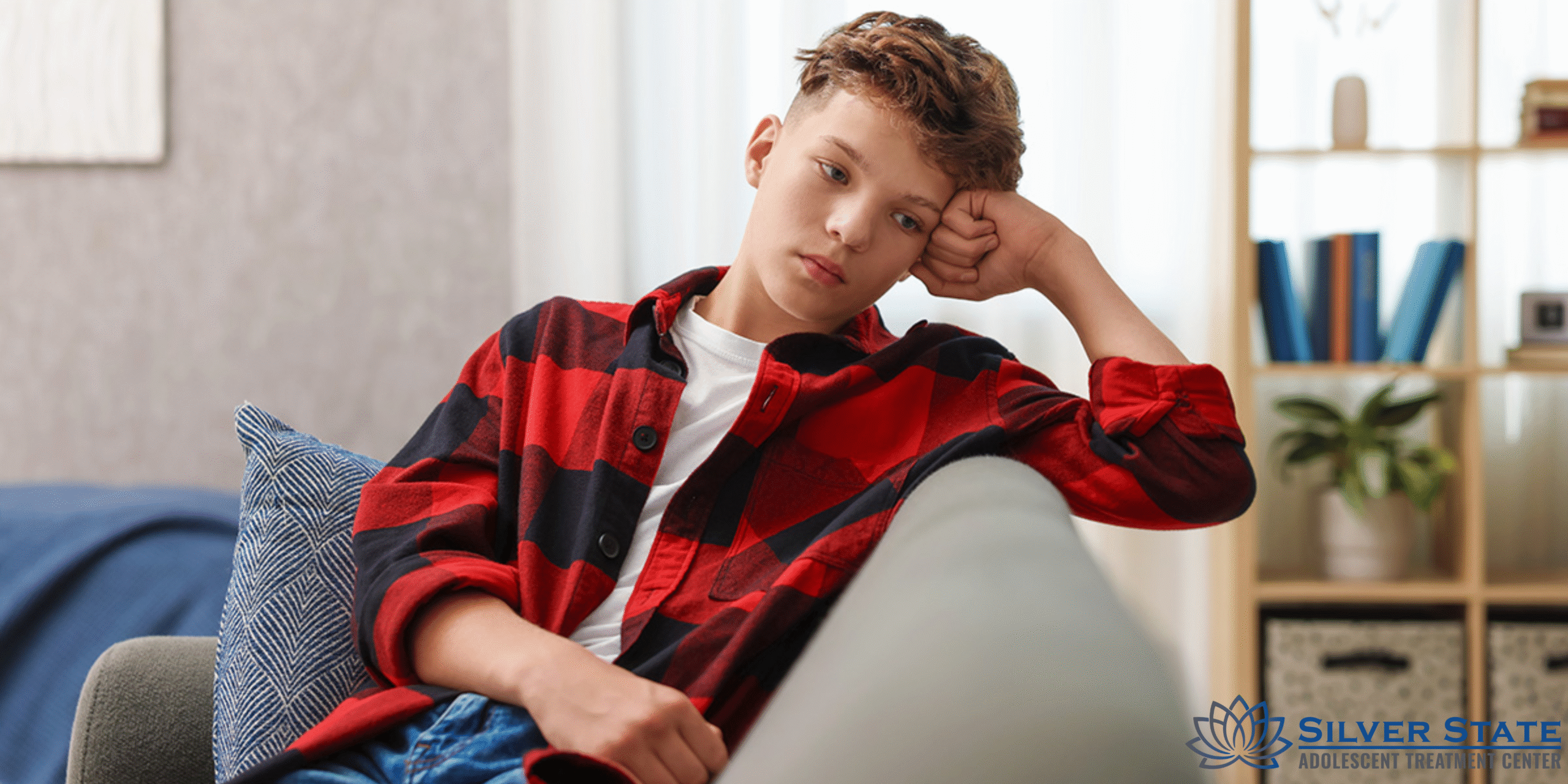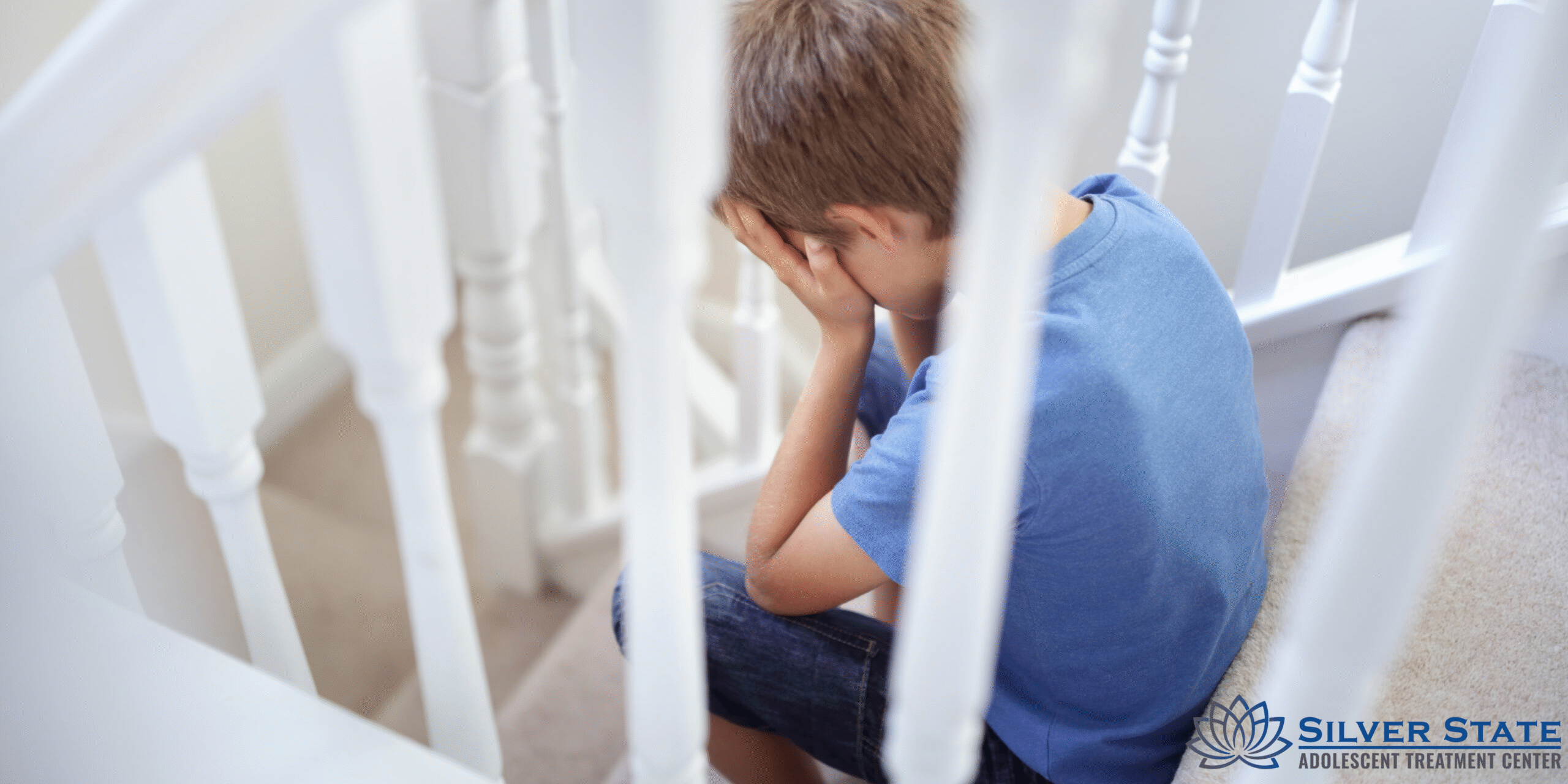The Hidden Signs Pointing to a Need for Pre-Teen Anxiety Treatment

Table of Contents
Key Takeaways
- Parents may not notice that their pre-teens are having anxiety attacks that they can’t see.
- Early therapy for anxiety in pre-teens may help save them from having mental health problems later in life.
- Mental health problems in pre-teens and anxiety might make them more likely to do unsafe things, including take drugs.
- Not treating anxiety might make it more likely that teens will get addicted to opioids in the future.
- Parents and caregivers play a crucial role in recognising early indicators and accessing expert support.
Introduction
Anxiety disorders are not exclusive to adults or adolescents; they often begin in childhood and can manifest as early as the pre-adolescent years. But the signs may be subtle, making it difficult for parents and caregivers to recognize when a child is struggling. Many pre-teens may appear sullen, withdrawn, or irritable—behaviors often brushed off as a regular part of “growing up.” However, these tendencies may be indicators of deeper mental health challenges.Recognizing when a pre-teen needs help with their anxiety can make a significant difference in preventing long-term problems. Untreated anxiety may interfere with school performance and relationships, and it can also push children toward harmful coping strategies, including substance use. Research from the Centers for Disease Control and Prevention shows that childhood anxiety left unaddressed increases the likelihood of opioid addiction and other risky behaviors during adolescence.This blog explores why early intervention and pre-teen anxiety treatment matters, and how parents can play an active role in supporting their child’s mental health.
What Are the Signs of Anxiety That Pre-Teens Don’t Show?
Some children express their anxiety through fear and worry, while others internalize it. Subtle signs that may go unnoticed include:- Frequent headaches or stomachaches without a clear medical cause
- Irritability, mood swings, or being overly sensitive
- Difficulty sleeping or recurring nightmares
- Avoiding social activities or losing interest in hobbies once enjoyed
- Struggles with academic performance or concentration
Why Is It So Important to Help Pre-Teens With Their Mental Health Early On?
The years before age 13 are a critical window for emotional and psychological growth. Ignoring a pre-teen’s mental health needs may allow anxiety to develop into more severe issues like depression or substance abuse during adolescence.Anxiety also strains family relationships, creating cycles of misunderstanding and frustration. Early interventions—such as counseling, cognitive behavioral therapy, or family therapy—provide children with healthy coping strategies. These tools reduce the likelihood of harmful behaviors later in life, such as using alcohol or drugs to numb overwhelming emotions. According to the CDC’s report on behavior and conduct problems in children, addressing these challenges early significantly improves a child’s long-term outcomes.Why Do Teens Use Drugs and Alcohol When They Don’t Get Help for Their Anxiety?
Unmanaged anxiety increases the risk of substance use, particularly during the teen years. As academic pressures, peer expectations, and social comparisons intensify, teens without coping strategies may turn to drugs or alcohol as a form of relief.The rise of opioid use among teenagers highlights this concern. Research shows that adolescents with untreated mental health disorders are at greater risk of opioid addiction. For a pre-teen silently struggling with anxiety, drugs may appear to provide temporary relief, but ultimately, they worsen the underlying issues.Supporting children with anxiety before they reach their teenage years strengthens their resilience and prepares them with healthier ways to manage stress.What Kinds of Treatment Are There for Anxious Pre-Teens?
Professionals typically use a combination of approaches to treat anxiety in pre-teens:- Individual Therapy: Cognitive Behavioral Therapy (CBT) helps children identify and manage anxious thoughts.
- Family Therapy: Improves communication and teaches collective coping strategies at home.
- School Support: Collaboration with teachers and counselors ensures a supportive learning environment.
- Lifestyle Adjustments: Incorporating regular exercise, good sleep habits, and balanced nutrition into daily routines.

What Can Parents and Caregivers Do to Help Their Pre-Teen?
Parents are often the first to notice changes in behavior. Key steps to support a child with anxiety include:- Open Communication: Encourage children to share their feelings without fear of judgment.
- Modeling Coping Skills: Demonstrate healthy stress-relief techniques such as journaling, mindfulness, or yoga.
- Reducing Stigma: Normalize conversations about mental health so children feel comfortable seeking help.
- Seeking Professional Support: Explore therapy options early, rather than waiting for problems to escalate.
Final Thoughts
Anxiety in pre-teens is often dismissed as “just a phase,” but it can be an early warning sign of serious mental health challenges. Identifying and addressing anxiety early improves immediate well-being while reducing the risk of long-term issues such as opioid addiction and other harmful behaviors. Families who invest in early intervention and specialized treatment empower their children to build resilience, develop healthy coping strategies, and thrive in the future.If your child is showing signs of anxiety, don’t wait for the problem to become more severe. At Silver State Adolescent Treatment, we offer evidence-based pre-teen anxiety treatment tailored to your child’s unique needs, while also addressing co-occurring risks such as teen opioid addiction. Call us today at 725-525-9897 to speak with a caring professional and learn how we can help your family take the first steps toward healing.What Are the Hidden Signs of Anxiety in Pre-Teens Who Have Been Exposed to Synthetic Cannabinoids?
Recognizing anxiety in pre-teens exposed to synthetic cannabinoids can be challenging. Look for changes in mood, withdrawal from social activities, or physical symptoms like stomachaches. Understanding these hidden signs is crucial to implementing effective strategies for treating preteen anxiety, ensuring they receive the support needed for their well-being.
FAQs
1. What age range is considered “pre-teen” for anxiety treatment?
Pre-teens are typically between ages 9 and 12, though signs of anxiety can appear earlier.2. How can I tell whether my pre-teen’s anxieties are everyday or need treatment?
Occasional worry is normal, but persistent symptoms—such as sleep problems, avoidance behaviors, or frequent physical complaints—may require professional support.3. Can anxiety in pre-teens that isn’t managed contribute to drug use later?
Yes. Research indicates that untreated anxiety increases vulnerability to risky behaviors, including adolescent opioid addiction.4. What do schools do to help kids under 12 with their mental health?
Schools may provide counseling, extra academic support, and safe environments that encourage emotional well-being.5. How effective are treatment programs for pre-teen anxiety?
Early intervention programs are highly effective, equipping children with coping skills that reduce long-term risks of depression, substance abuse, and other mental health challenges.Resources:
- Centers for Disease Control and Prevention. “Anxiety and Depression in Children.” CDC.gov, 9 June 2025, https://www.cdc.gov/children-mental-health/about/about-anxiety-and-depression-in-children.html
- National Institute of Mental Health. Children and Mental Health: Is This Just a Stage? NIMH.gov, https://www.nimh.nih.gov/health/publications/children-and-mental-health
- Centers for Disease Control and Prevention. “Worry and Anxiety.” How Right Now, CDC.gov, https://www.cdc.gov/howrightnow/emotion/worry/index.html
- Centers for Disease Control and Prevention. “Behavior or Conduct Problems in Children.” CDC.gov, 9 June 2025, https://www.cdc.gov/children-mental-health/about/about-behavior-or-conduct-problems-in-children.html
Dr. Russ Park
Dr. Russ Park is a distinguished leader in healthcare, recognized for his dual board certification as an Advanced Nurse Executive and a Psychiatric Mental Health Nurse. With over a decade of experience in hospital administration, Dr. Park has dedicated his career to transforming mental health care and enhancing patient outcomes through compassionate leadership and strategic innovation.
As a former Chief Executive Officer at Sana Behavioral Health and Seven Hills Hospital, Dr. Park spearheaded groundbreaking initiatives that reduced restrictive interventions, expanded access to acute mental health services, and significantly improved core quality measures. His leadership has not only elevated institutional standards but also strengthened the commitment to patient-centered care.
Dr. Park’s academic credentials include an undergraduate nursing degree from the University of Nevada, Las Vegas, and a Doctorate in Nursing Administrative Leadership from the University of Nevada, Reno. His expertise in organizational leadership, policy development, and operational excellence continues to set a benchmark for healthcare management.
At the heart of his work is a profound dedication to building sustainable, high-quality healthcare systems that prioritize mental health and well-being. Driven by passion and purpose, Dr. Russ Park remains committed to shaping the future of healthcare—one visionary step at a time.

